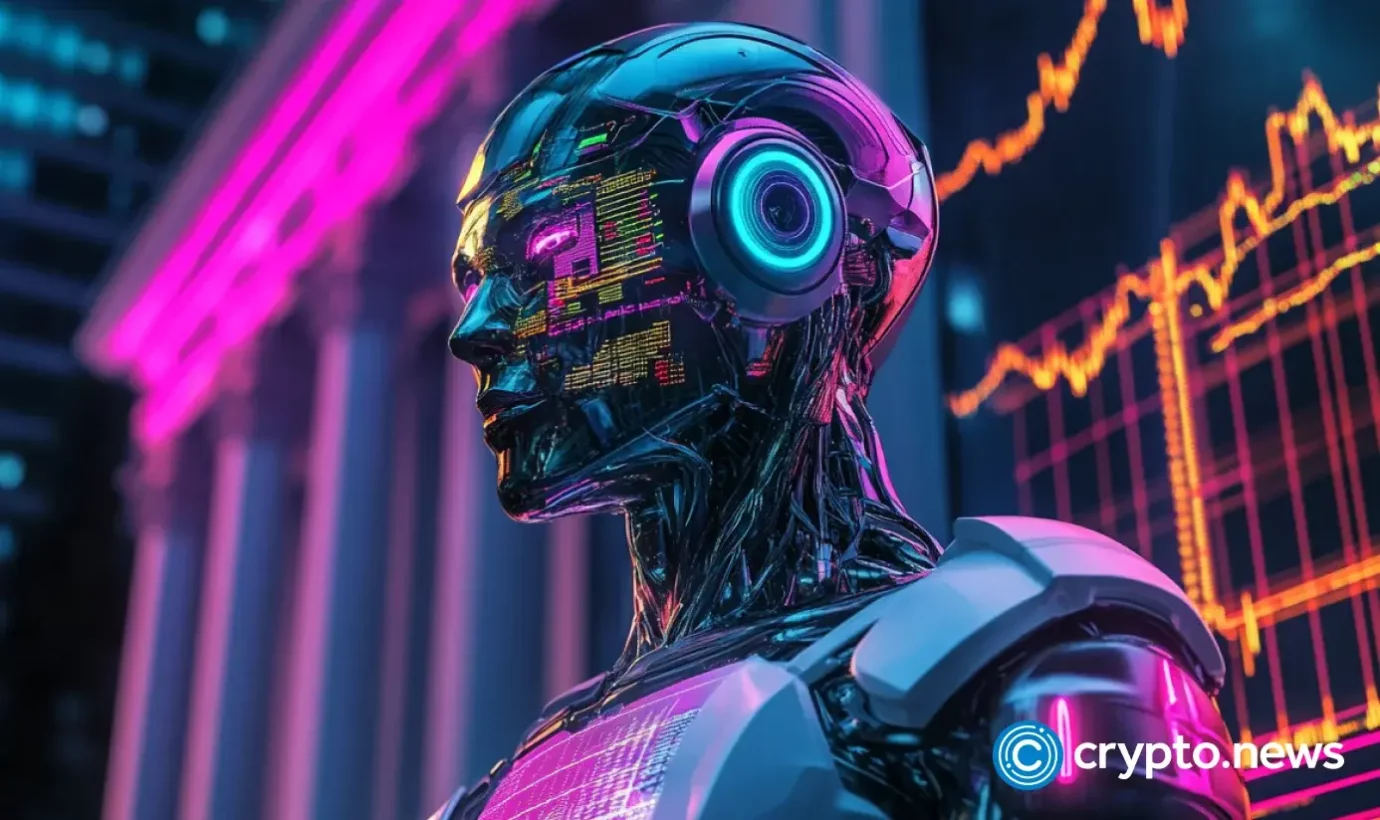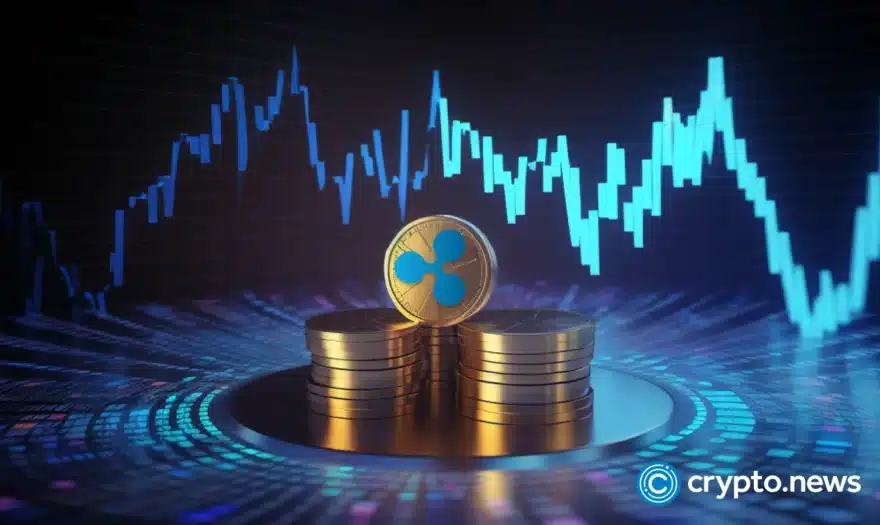Machines vs. markets: The AI takeover of finance | Opinion

Disclosure: The views and opinions expressed here belong solely to the author and do not represent the views and opinions of crypto.news’ editorial.
Autonomous agents, powered by artificial intelligence and run on decentralized networks, will upend the financial market—leveling the playing field, bringing in more market transparency, and growing crypto’s utility.
Upwards of 75% of all trades in traditional markets are made by algorithms, with quantitative trading firms cashing in for their ability to bring in returns above market averages. However, these insights (and subsequent gains) are still locked away and not evenly distributed to all investors. Autonomous agents build on this technology and democratize it through the blockchain. Right now, these self-executing programs can already interact with blockchains, execute trades, manage portfolios, and participate in decentralized finance protocols.
Autonomous agents explained
There is a lot of talk about agents in the market right now, but not everything called an autonomous agent truly is one. A real autonomous agent can work independently using AI without human help. For example, it’s not very autonomous if an agent relies on a public API that could be shut down or a credit card denied for payments. Companies like Microsoft already use real (non-autonomous) agents to improve their processes in areas like sales, finance, and operations. These agents take over repetitive tasks, which saves businesses time and money.
Across blockchain, autonomous agents can democratize access to financial tools and opportunities, making the ecosystem more inclusive. With their ability to process vast amounts of data and act intelligently, these agents can drive innovation, improve capital efficiency, and unlock new ways for participants to engage in markets. It’s like giving blockchain a brain—turning it from a rigid system into something that can learn, adjust, and make intelligent choices in real-time.
Taking on finance
In traditional finance, data streams are siloed and controlled by major players. Accessing this data requires money, and gaining faster access demands even more money. Even then, investors cannot be 100% sure that others don’t have preferential access. In crypto, data is more meritocratically accessible to everyone. People have the same tools to extract data from a blockchain as major players like BlackRock or Citadel. And through autonomous agents, retail investors can intelligently and continuously manage tasks like market monitoring, asset allocation, and risk mitigation. At decentralized exchanges like Botega, investors have access to a system where autonomous agents can subscribe to liquidity pools and price sources. These subscriptions essentially notify agents quickly of any changes in volatility. Right now, agents on decentralized exchanges are already making over 70% of all transactions.
More access and quicker insight mean bigger gains. This will have a massive impact on retail investors, on-chain data providers, and the utility of crypto. Outside of consumers, who will have access to previously out-of-reach market strategies, on-chain data providers who can deliver data in a trusted and fair way will become essential. This creates an opportunity for businesses that build robust infrastructure to support the growing ecosystem of autonomous agents. The availability of autonomous agents will also grow crypto’s general user base. By eliminating the need for technical expertise or constant oversight, agents will give everyday users the confidence to engage with DeFi, driving broader crypto adoption and inclusivity.
Potential risks
There are risks we need to look out for as well—the most notable being their reliance on centralized infrastructure. Many autonomous agents run on centralized servers, use enterprise APIs to access AI models, operate on traditional financial rails, and source data from paid providers. Each of these is a potential single point of failure. An agent could lose its capabilities due to debanking, censorship, or infrastructure shutdowns. Another major risk is the lack of transparency around whether these agents are truly AI. It’s often hard to tell if a decision, post, or statement comes from a genuine AI or a human masquerading as one to manipulate narratives. Ironically, while CAPTCHAs have long evolved to distinguish humans from machines, the challenge now is verifying whether a machine is actually behind a decision.
Decentralized infrastructure offers a solution to these risks by enabling cryptographic verification of AI actions on-chain, ensuring transparency, and reducing reliance on centralized systems.
Looking into 2025
By the end of 2025, agent interactions will likely surpass human interactions in the blockchain’s financial sector, particularly in DeFi. This shift will be driven by autonomous agents’ efficiency, speed, and scalability, making them the preferred choice for executing trades, managing portfolios, and automating complex strategies.
Autonomous agents represent the next logical step in autonomy, fundamentally changing how we live, work, and operate businesses. They offer a chance to participate in the productivity and innovation boom they enable. Missing out on this shift would be shortsighted, as the growth potential for those who back the right solutions is enormous. However, we need to balance excitement with caution. Like the dot-com era, not all autonomous agents will succeed, but those that deliver real value hold immense potential.















